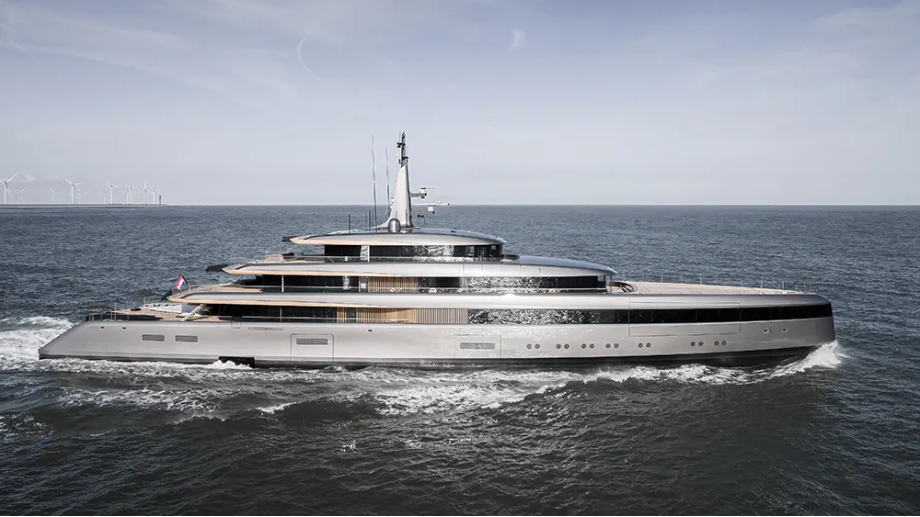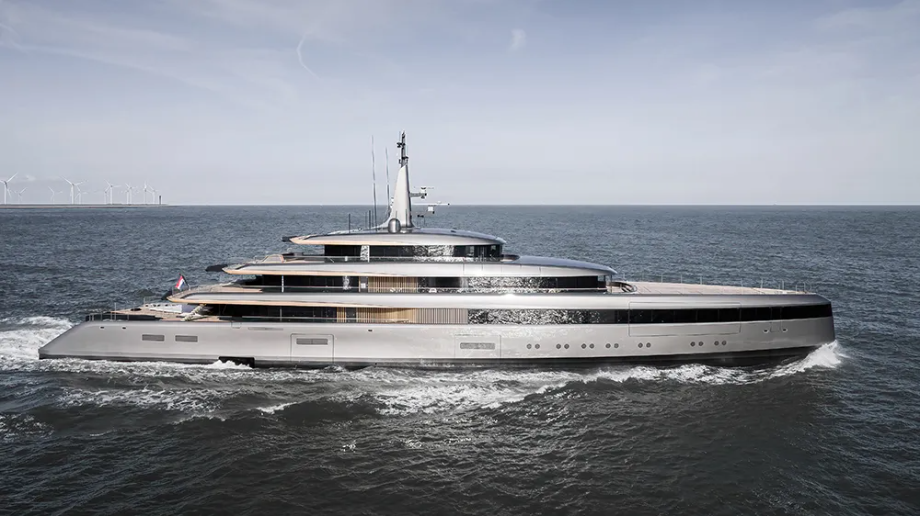
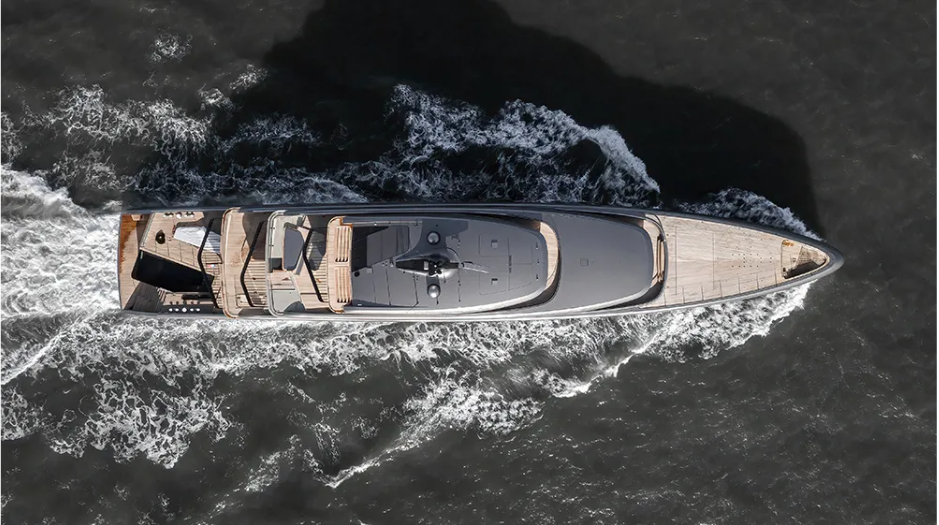
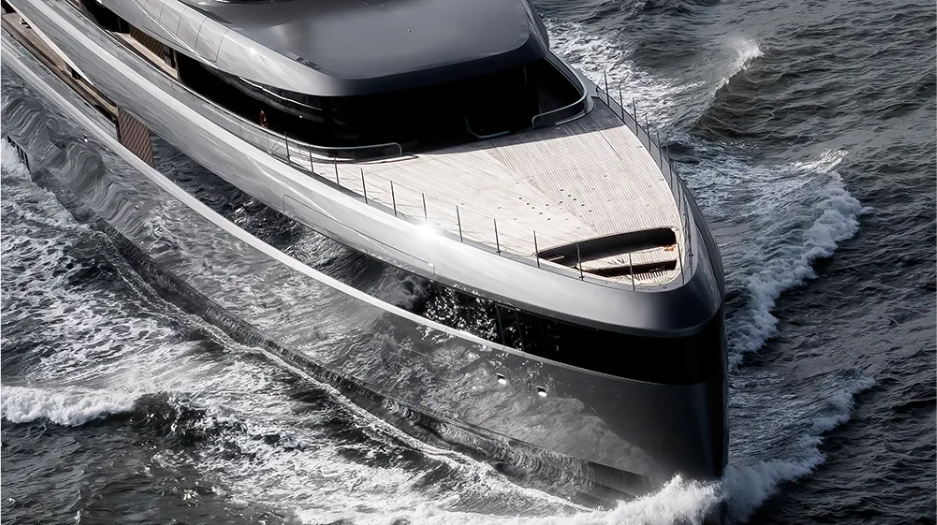
Feadship has achieved a remarkable feat with its latest addition to its fleet, the 276-foot yacht named Obsidian. Not only is Obsidian more energy-efficient, but it also boasts lower environmental impact compared to Feadship’s pioneering hybrid yacht, Savannah, which was launched in 2015. What’s even more impressive is that the entire design process for Obsidian was carried out during the height of the COVID-19 pandemic.
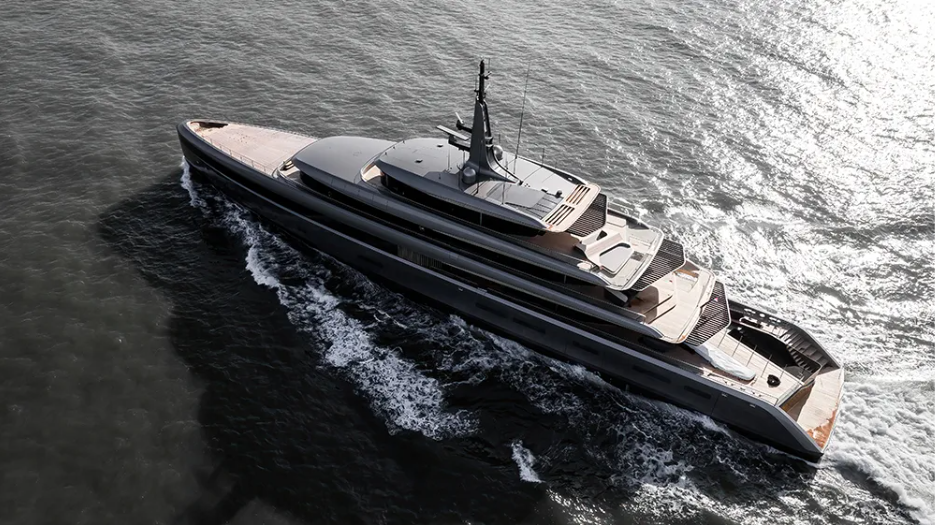

Feadship collaborated with De Voogt Naval Architects to develop the Yacht Environmental Transparency Index (YETI), a tool that can assess a yacht’s carbon profile and environmental impact based on all its components and operations, including emissions and the long-term effects of construction materials. Additionally, Feadship worked with 20 major industry partners to create a tool for predicting the environmental impact of a standardized operational year in the yacht’s lifecycle.
Obsidian’s results are quite remarkable. It is estimated that if Obsidian runs on fossil fuel, it will operate with 27 percent less total environmental impact than a yacht of similar size launched just five years ago. If powered by a non-fossil diesel fuel called HVO, it could achieve a staggering 60 percent reduction in environmental impact. During sea trials, Obsidian ran on HVO and emitted 90 percent less carbon than a traditional gas-powered vessel, exceeding initial calculations of its efficiency.
Beyond innovative biofuels, Obsidian features a low and sleek hull optimized for cruising, reduced fighting weight, and improved overall balance. The yacht is equipped with a streamlined diesel-electric propulsion system and boasts 4.5 times more electrical storage capacity than its predecessor. These advancements contribute to Obsidian’s outstanding energy efficiency and environmental friendliness.
